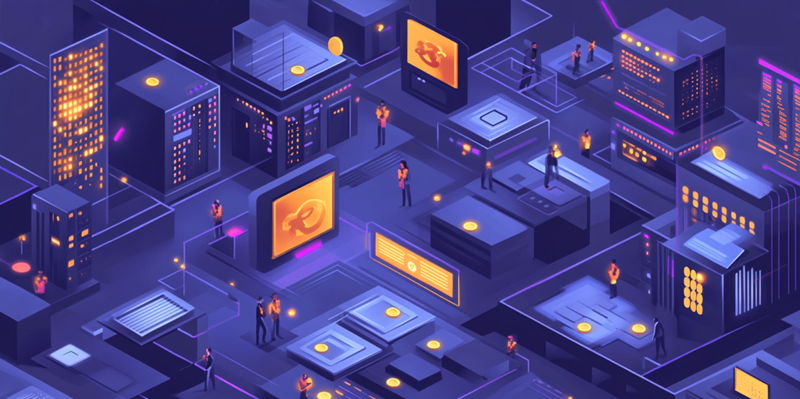Elon Musk, in his role as a self-appointed IT consultant for the Trump administration, has openly critiqued the outdated state of the US government’s computer systems, specifically highlighting the inefficiency of the Internal Revenue Service (IRS). According to Musk, the federal government’s reliance on antiquated technology and ineffective software has made it challenging to verify whether financial transactions are legitimate, leading to audit failures. He emphasizes that the bureaucratic structure, lacking accountability, has allowed these inefficiencies to persist over the years.
Critique of Inefficient Government IT Systems
Outdated Technology and Its Repercussions
Musk’s commentary suggests that the government is overspending on software that fails to deliver the necessary results. While he acknowledges that some of the inefficiencies could be intentional, he argues that the majority are a natural consequence of a vast bureaucracy. The specific example he brings up is the IRS, which still uses equipment older than computers from the 1990s. This paints a troubling picture, especially for one of the wealthiest governments globally, as it underlines a significant deficiency in maintaining and updating critical infrastructure.
The repercussions of this outdated technology are far-reaching. Audits fail to detect discrepancies effectively because the antiquated systems cannot process data efficiently. This means significant financial losses, not just for the government but also for taxpayers who expect their contributions to be used wisely. Musk’s criticism extends beyond the IRS to highlight a broader issue within the federal IT framework. Overspending on subpar software and maintaining outdated systems prevents the government from achieving optimal efficiency, thereby hindering public trust.
Bureaucratic Hurdles and Lack of Accountability
Despite his sharp criticism, Musk refrains from attributing blame to specific individuals or political entities. Instead, he points out that the main issue lies within the entrenched bureaucratic procedures that hinder technological advancements and efficiency. The existing system lacks accountability, allowing these inefficiencies to persist without any concrete efforts for improvement. The bureaucratic structure is such that major decisions get lost in layers of approvals, effectively slowing down any potential tech upgrades or modernization.
Musk argues that the bureaucratic inertia is so potent that even well-intentioned efforts to reform the system often fall short. The lack of accountability means there is no pressing need for departments to justify their continued usage of outdated systems. This, according to Musk, is a primary reason why the federal IT infrastructure remains stuck in the past. Musk’s call to modernize is not just about upgrading technology but also about overhauling the processes that govern how technology decisions are made and implemented in the government.
Proposals for Modernizing IT Infrastructure
Employment of Blockchain Technology
Musk hints at blockchain technology as a potential solution, given its capacity to provide an immutable ledger. Implementing blockchain at the federal level could establish a permanent record for all government transactions, thereby facilitating comprehensive audits and enhancing transparency in tax allocation and government spending. Blockchain’s decentralized nature makes it especially robust against tampering, ensuring that all financial transactions remain verified and transparent. This could rectify many of the audit failures the IRS faces due to its outdated systems.
Moreover, embracing blockchain technology has broader implications for various other government functions. From securing voting systems to ensuring that supply chains in defense contracts are transparent and tamper-proof, the potential applications are vast. Deploying blockchain could mark a significant leap toward making the federal IT infrastructure more foolproof and trustworthy. Musk’s advocacy for adopting such forward-looking technology underscores a pressing need for modernization that goes beyond superficial updates and addresses systemic inefficiencies.
Aligning with National Goals for Innovation
Elon Musk, acting as an unofficial IT consultant for the Trump administration, has voiced concerns about the outdated state of the US government’s computer systems. He particularly criticizes the inefficiency of the Internal Revenue Service (IRS). According to Musk, the federal government’s dependence on obsolete technology and ineffective software has created significant challenges in verifying the legitimacy of financial transactions, resulting in frequent audit failures. Musk highlights that the bureaucratic structure, which lacks sufficient accountability, has allowed these issues to remain unaddressed for many years. He believes that modernizing the technology infrastructure is essential for improving the efficacy of government operations. By upgrading to more advanced IT systems, the government would likely increase overall transparency and efficiency. Musk’s critique underscores the urgency of reform and modernization within federal institutions to keep pace with technological advancements and better serve the public.

